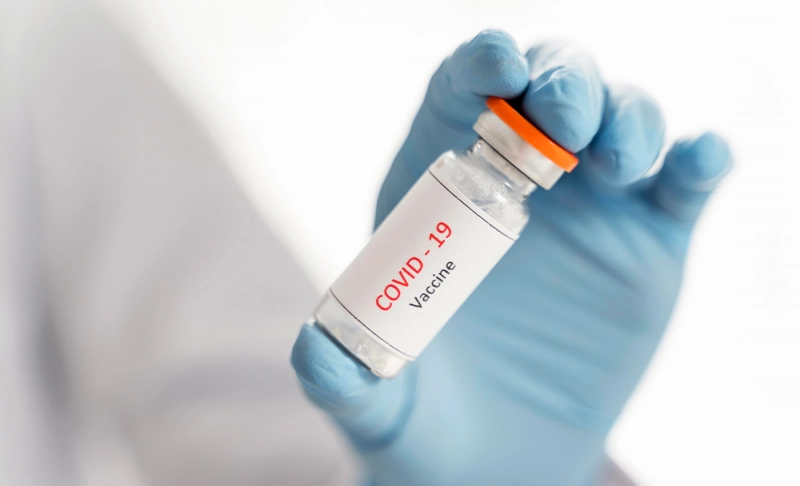By: Annie Priya
March 24 2021

While not everyone will experience side effects, they are a sign that an immune response has been triggered in the body.
While not everyone will experience side effects, they are a sign that an immune response has been triggered in the body. As the COVID-19 vaccine has become more widely available, many are concerned about its potential side effects. It's important to note that vaccine side effects aren't new or unusual. It's normal for some people to experience mild side effects like headaches, muscle aches, fever, and soreness after receiving their first vaccine shot. Others may not experience side effects at all. The CDC notes that COVID-19 vaccines work by helping our bodies to develop immunity to the virus that causes COVID-19 without having to contract the virus. Different types of vaccines work in different ways, but with all types of vaccines, the body is left with a supply of “memory” T-lymphocytes as well as B-lymphocytes that means that the body can remember how to fight off the virus. The CDC adds that it usually takes a few weeks for the body to produce T-lymphocytes and B-lymphocytes. Therefore, it is possible that a person could be infected with the virus that causes COVID-19 just before or just after vaccination and then gets sick because the vaccine did not have enough time to build up protection. Sometimes after vaccination, the process of building immunity can cause symptoms These are normal and are signs that the body is building immunity. The FDA's data shows that side effects are more commonly felt after the second dose of Pfizer or Moderna's vaccine rather than after the first dose. With Johnson & Johnson, the most frequently reported side effects were arm soreness, headache, muscle aches, and nausea. Most of the side effects occurred one to two days after vaccination. Symptoms were also more common in younger people, between 18-55 years old, rather than in older people who are aged above 55 years. Harvard Medical School has stated that the side effects are a sign that the vaccine is working and that the body is developing an antibody response. The COVID-19 vaccines currently require two shots in order to work effectively, and side effects are more likely to occur after the second shot. The second shot gives more protection and fights the disease more aggressively than the first. Meanwhile, Dr. Thomas Duszynski, director of epidemiology education at Indiana University, said even in the absence of side effects; it does not mean that the immune system isn't working. Dr. Roshni Mathew, a pediatric infectious diseases physician at Stanford Children's Health, said vaccine few side effects don't last longer than a couple of days, but fever and headache may last longer. While severe allergic reactions do occur in very rare circumstances, it is not a reason for most people to avoid vaccination. Side effects are normal and to be expected, and are a sign that the body is building immunity to the virus. The COVID-19 pandemic has given rise to a lot of potentially dangerous misinformation. For reliable advice on COVID-19 including symptoms, prevention and available treatment, please refer to the World Health Organisation or your national healthcare authority.